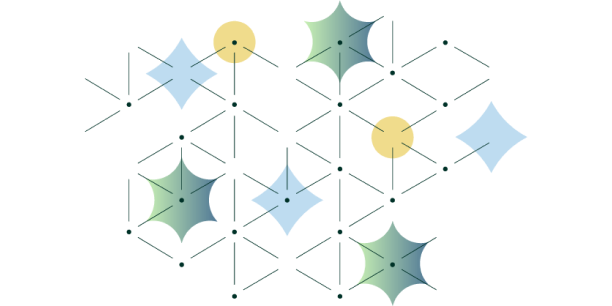About the department
History
The history of the Faculty of Veterinary Medicine dates back to July 17, 1824, when the Government Institute of Veterinary Medicine was opened in Burakowo near Warsaw. The legal basis for the beginnings of veterinary education in Poland was the decree of 1816, which provided for the opening of a practical veterinary school in the Kingdom of Poland. At that time, the studies lasted only 2 years. The November Uprising led to the discontinuation of veterinary training for 10 years. The resumption of education took place in 1840, in which it was established, operating under the Institute in Marymont, School of Vets and the studies were extended to four years. In 1889, the University was granted the official status of a university, and in 1901, the complex of buildings at ul. Grochowska 272 in Warsaw’s Praga district. The studies were interrupted by the outbreak of World War I, after which, in 1918, the training of veterinary doctors was resumed in a new formula, because veterinary studies were conducted as part of the Veterinary College established by Faculty of Medicine at the University of Warsaw .


In 1927 an independent one was established Faculty of Veterinary Medicine at the University of Warsaw . Its activity was stopped by the outbreak of World War II, after which education was resumed in the 1946-1947 academic year. In 1952 the Veterinary Faculty was transferred to the Warsaw University of Life Sciences.
Currently, veterinary education is carried out as part of full-time and part-time studies, doctoral studies and postgraduate studies. Contemporary veterinary medicine is a set of knowledge, skills and competences in the field of veterinary science. At the beginning of his professional career, a graduate of the Faculty of Veterinary Medicine has the knowledge and skills that allow him to perform many activities referred to as “day one skills” in the field of basic sciences, clinical disciplines, animal production and animal food hygiene. The professional and social competences of our graduates allow them to conduct medical and veterinary practice, undertake research work or carry out tasks carried out as part of official activities in the field of supervision over the hygiene of food of animal origin, feed production and combating animal diseases.